
Photo:hawthorne-eyedoctors.com
Did you know that a healthy diet, rich in certain kinds of nutrients, also play an important role in improving our eye health and preventing disease?
Incorporate the following 6 eye-friendly foods into your meals and see the difference for yourself!
ALMONDS
Almonds – and indeed, many different types of nuts – are rich in vitamin E, which, as we have seen, has been proven to slow macular degeneration and protect your eyes against the formation of cataracts.
Simply indulge in a handful of almonds a day to obtain roughly half of your daily recommended dose, and supplement with berries and other vitamin E rich foods for good, all round health.
CARROTS
While carrots and other orange-pigmented produce such as pumpkin, sweet potato and mango aren’t miracle workers and won’t reverse bad eyesight, they can certainly help improve general eye health.
Indeed, these fruits and vegetables contain lutein, the nutritional powerhouse contained amongst others in egg yolks and leafy greens, and beta-carotene, a substance that is converted into vitamin A by the body once it is absorbed. As we’ve seen, vitamin A is extremely beneficial to eye health, so be sure to include various different sources of it in your diet for optimal effect.
BERRIES
Berries – especially blueberries – are considered one of the healthiest foods for your eyes, owing to their high quantities of vitamins A, C and E, and zinc.
Let’s break it down: vitamin A is a powerful antioxidant that prevents inflammation in the eyes while combating free radicals; vitamin C acts against intraocular pressure (the pressure within your eye), which if left unchecked can increase the potential for the development of glaucoma, the second most common cause of blindness in the United States; vitamin E may help prevent the formation of cataracts, while zinc is a powerful mineral that helps protect against night blindness and – you guessed it – macular degeneration.
All in all, the humble blueberry is a nutritional powerhouse that does your eyes a world of good!Citrus fruit are another ally in your fight against eye disease, as they also contain a high concentration of vitamin C. Be sure to include different kinds of berries and citrus fruits in your regular rotation in order to reap all the benefits.
SALMON/FATTY FISH
Salmon, mackerel, tuna and anchovies are not only delicious; they are also rich in the omega-3 fatty acid DHA, which is found in our retinas and is instrumental in preventing dry eye syndrome, as well as dramatically decreasing the risk of age-related macular degeneration.
Two to four servings of these incredible fatty fish should be enough to ensure all round eye health; however, if you don’t eat seafood, you can get a good supply of DHA either through fish oil supplements, or by taking taking vegetarian supplements containing flaxseed oil or blackcurrant seed oil.
SPINACH/LEAFY GREENS
Whatever you do, don’t forget to eat your greens! Dark, leafy greens such as cooked spinach and kale, collards and turnip greens all contain extremely high amounts of lutein and zeaxanthin, which have been proven to reduce the risk of chronic eye diseases such as macular degeneration and cataracts.
Although the compounds found in mixed greens aren’t as easily absorbed as those found in egg yolks, these vegetables are a great option for getting the antioxidants your eyes need for better health.
Don’t forget to cook the greens in good quality olive oil or coconut oil to reap the full benefits!
EGG YOLKS
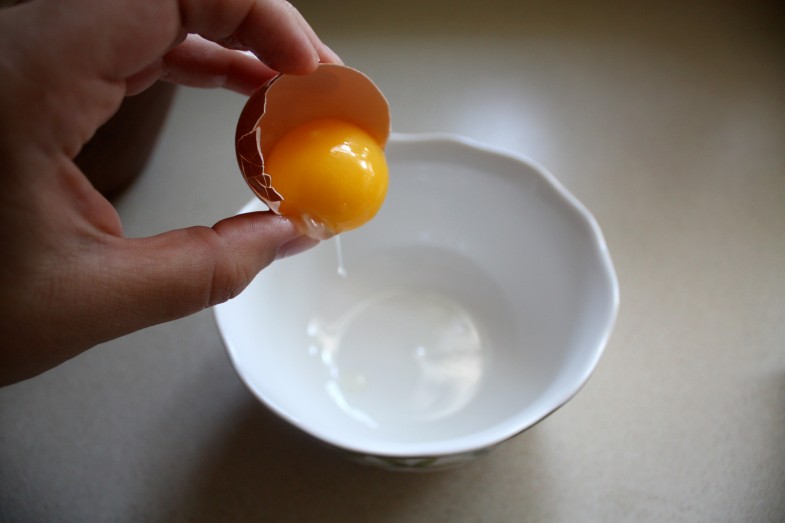 Photo:kitchenplatter.com
Photo:kitchenplatter.com
If you regularly discard egg yolks because you believe they have an adverse effect on your cholesterol levels, think again: according to Paul Dougherty, medical director of Dougherty Laser Vision in Los Angeles, the yolk is in fact a prime source of lutein, a yellow-pigmented antioxidant that acts as a blue-light filter and combats free radicals in tandem with its sister compound, zeaxanthin.
Combined with the zinc also present in egg yolks, these two compounds can help slow down age-related macular degeneration, the leading cause of vision loss for people over 65 years old.
The best way to eat them? Raw! If you don’t have the stomach for it, don’t worry: while it’s true that uncooked egg yolks contain more lutein than cooked yolks, our bodies are perfectly able to absorb the antioxidant from other sources, such as leafy greens, too. Simply combine these lutein-rich ingredients with olive or coconut oil for better absorption.
This remarkable breakthrough helps slow aging of the eye and maintain your freedom and independence as you get older.
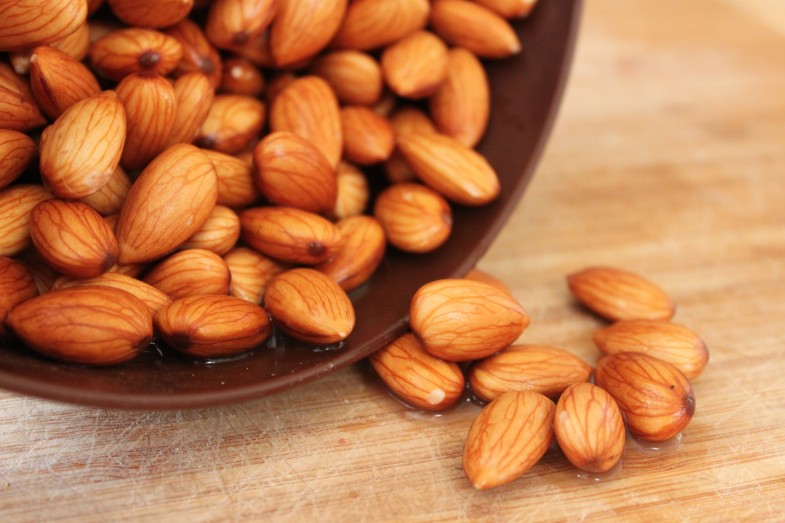
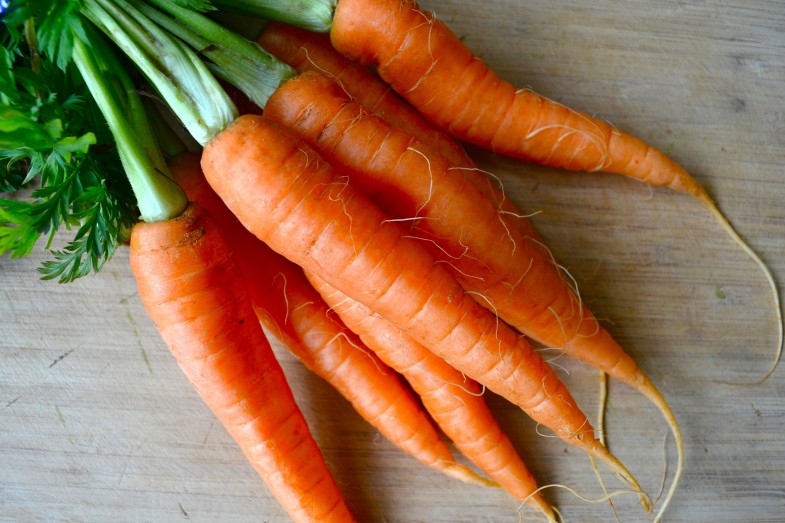
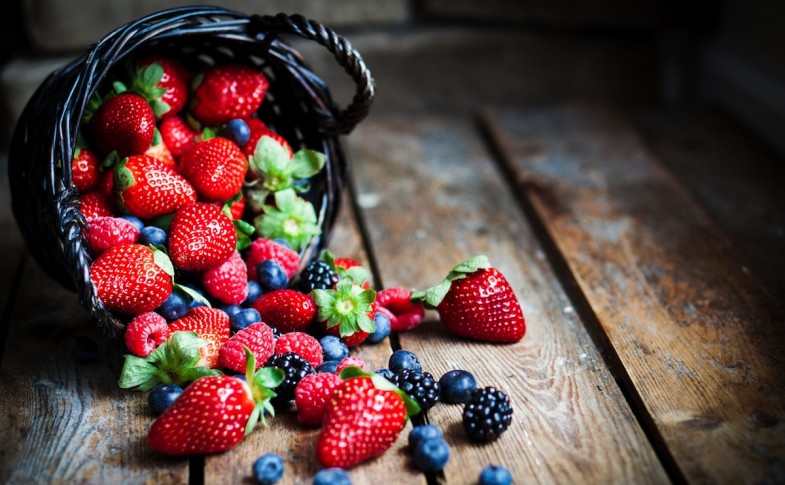
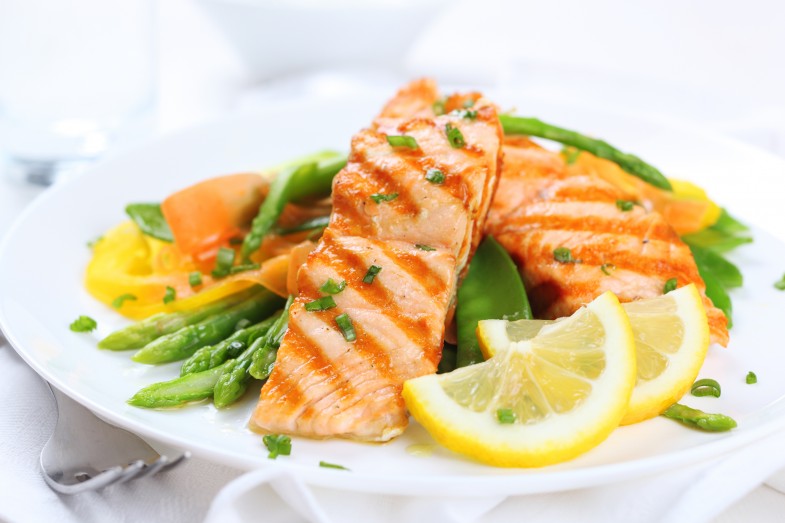
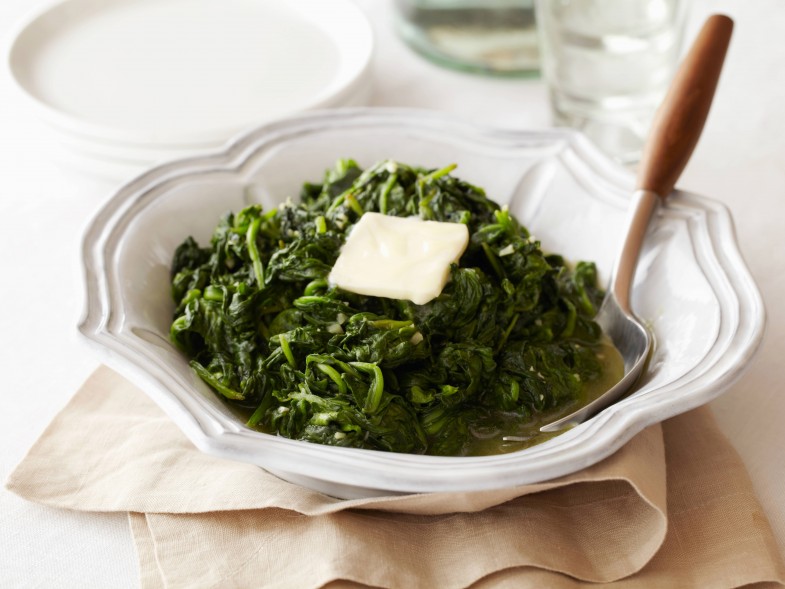
Leave a Reply